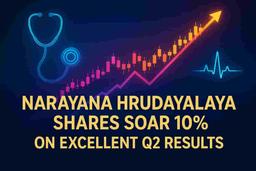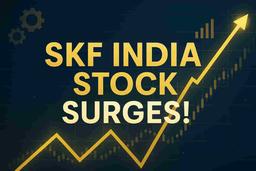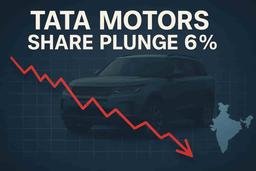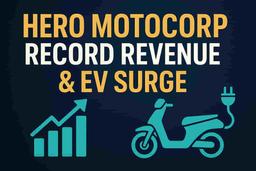Swiggy is leveraging the success of quick commerce to enhance its food delivery services, introducing and expanding its 10-minute delivery offering, Bolt. This initiative is showing double-digit growth and high user retention, indicating a consumer demand for speed. Swiggy plans to target new customer groups, focusing on students and early jobbers, while also expanding Bolt's use cases for snacks and late-night meals. The company is prioritizing financial profitability through strategic monetization, including delivery fee hikes, as it navigates competition in the evolving food delivery and quick commerce market.
The rise of quick commerce, which offers rapid delivery of groceries and other items in minutes, is significantly influencing consumer expectations across various sectors, including food delivery. Swiggy, a major player in India's food delivery market, is capitalizing on this trend with its 10-minute food delivery service, Bolt. Rohit Kapoor, CEO of Swiggy's food marketplace, noted that Bolt has achieved double-digit growth and attracted a higher rate of repeat users, demonstrating a strong consumer preference for speed.
Swiggy's data indicated a clear entry point for faster deliveries, leading to the development of Bolt. This service now accounts for over one in ten orders on the platform. The company, which competes with Eternal (formerly Zomato) in both food delivery and quick commerce, aims to expand Bolt's applications further. Opportunities lie in catering to on-demand needs like evening snacks and late-night meals, where consumers are less willing to wait.
In the broader food delivery market, Swiggy's growth strategy is shifting towards acquiring new users rather than expanding into new cities. Kapoor emphasized the need to reach consumers who view food delivery differently, particularly the younger generation growing up in a "convenience economy." Swiggy is also diversifying its offerings, introducing options like high-protein foods and DeskEats for professionals. Students and early jobbers are identified as key consumer cohorts for future focus.
However, Swiggy has reported wider losses in the second quarter, partly due to investments in its quick commerce business. To ensure financial health and sustained growth, the company has been increasing delivery fees for food. Kapoor stated that financial profitability is crucial and stems from effective monetization strategies. The food delivery business segment itself recorded a positive adjusted EBITDA of Rs 240 crore in Q2.
Impact:
This news is highly relevant for the Indian stock market. Swiggy and Zomato are major players in the consumer internet space, and their strategic decisions regarding delivery speed, user acquisition, and profitability significantly influence investor sentiment and sector performance. Swiggy's investment in quick commerce contributing to losses, while its food delivery EBITDA is positive, provides a nuanced view of its business health. Zomato's performance in both food delivery and quick commerce (via Blinkit) is also closely watched. Investors will be keen on the growth trajectory of these platforms and their path to sustained profitability. Rating: 8/10









